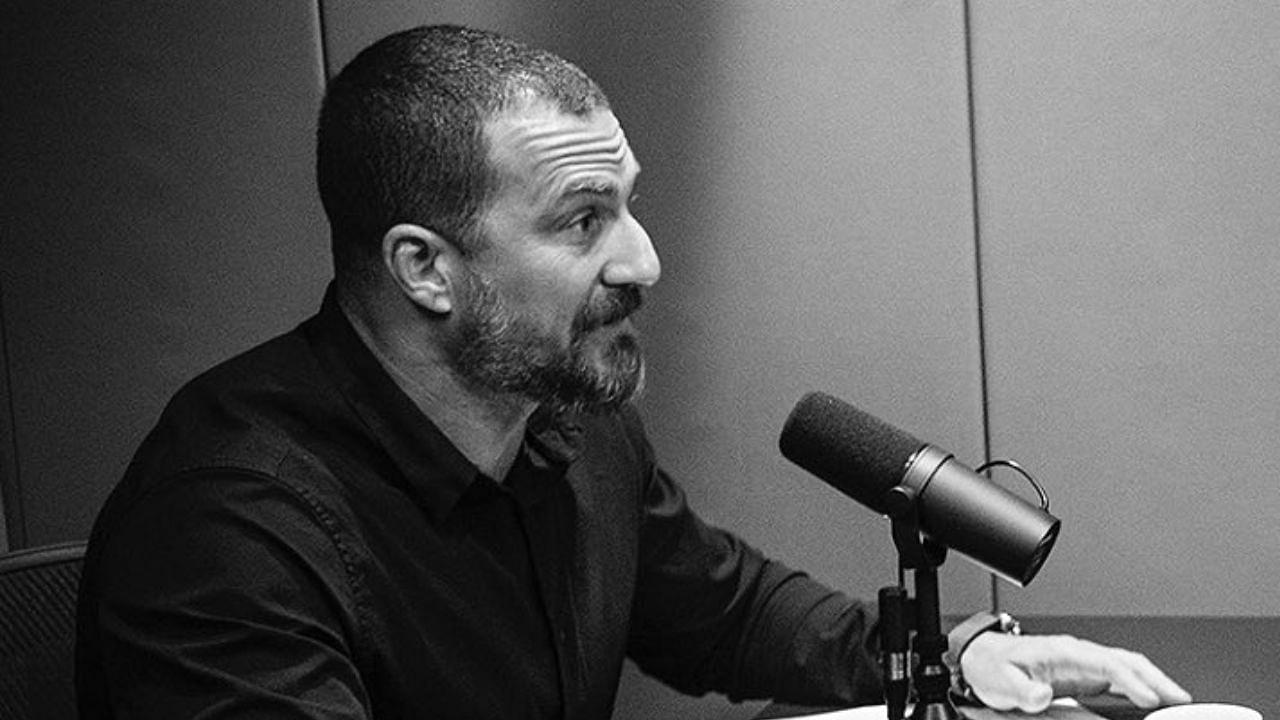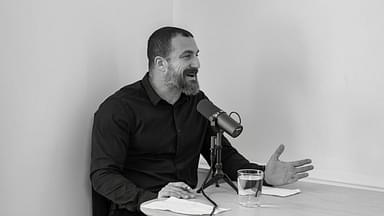Calories have been a fad of the fitness world in many circumstances, and neuroscientist Dr. Andrew Huberman picked them up in a recent podcast. The idea that the amount of calories consumed may not always match one’s true intake is intriguing. And Huberman wanted to dive deeper.
In a conversation with endocrinologist Dr. Robert Lustig, Huberman addressed the disparity of calories. How is there a difference between consumption and absorption? Furthermore, where would the missing amount of calories go? Dr. Lustig pointed out the great gap between the two situations and the reality behind them.
Dr. Lustig explained how even if a portion of any food contains 160 calories, only about 130 of them will be absorbed. The rest is food for the gut microbiome. Various foods rich in different nutrients behave in different ways. A wide variety of byproducts come from these processes, thus working towards the well-being of the human body.
“A calorie eaten is not a calorie eaten, because if you ate it with fiber, it wasn’t for you. It was for your bacteria. But that’s not the way you count them up, so that’s a problem.”
Clearly noting an issue with how we calculate calories in general, Dr. Lustig highlighted how things are different for bodybuilders. Consumption of high amounts of proteins will have vastly different results for a fitness fiend vs. a layman.
If muscle growth is the goal, protein gets processed into amino acids for that. But if someone who isn’t a bodybuilder happens to have a healthy portion of steak, the calorie difference is huge. Therefore, considering the energy burn involved in digestion and other bodily functions, a calorie in is not a calorie out.
One clear misconception about diet and nutrition is the fats we consume and their types. Not all fats are bad, and the bad kind could cost a lot. Dr. Lustig pointed out the difference between omega-3 and trans fats:
“Omega-3s don’t even get broken down for energy because they’re so important. They stay intact because your brain needs them; your heart needs them. Whereas trans fats can’t be broken down because of that trans double bond one save your life other one kill you.”
Healthy functioning of the human brain not only demands good food but also good physical health. Huberman once revealed the secret sauce to this.
What does Andrew Huberman suggest for good mind-body well-being?
In a recent Q&A session, the neuroscientist answered a concerned fan about brain health as one age. Diseases like Parkinson’s and Alzheimer’s usually affect one as they grow older, and the only solution was focusing on brain health. Huberman offered both conventional and unconventional solutions, all supported by various theories.
View this post on Instagram
The classic way to keep one’s brain healthy was consistent low-intensity cardio. This could range from brisk walks to jogs or anything that would get the heart pumping. Good cardiovascular health has been linked to good brain functioning. However, an ‘edgy’ solution that Huberman discovered through Nobel Prize laureate Richard Axel was the use of nicotine gums. The gums, although dangerous to the arteries, had chemicals in them that prevented brain diseases. But the neuroscientist ended with a disclaimer that he wouldn’t endorse it.





